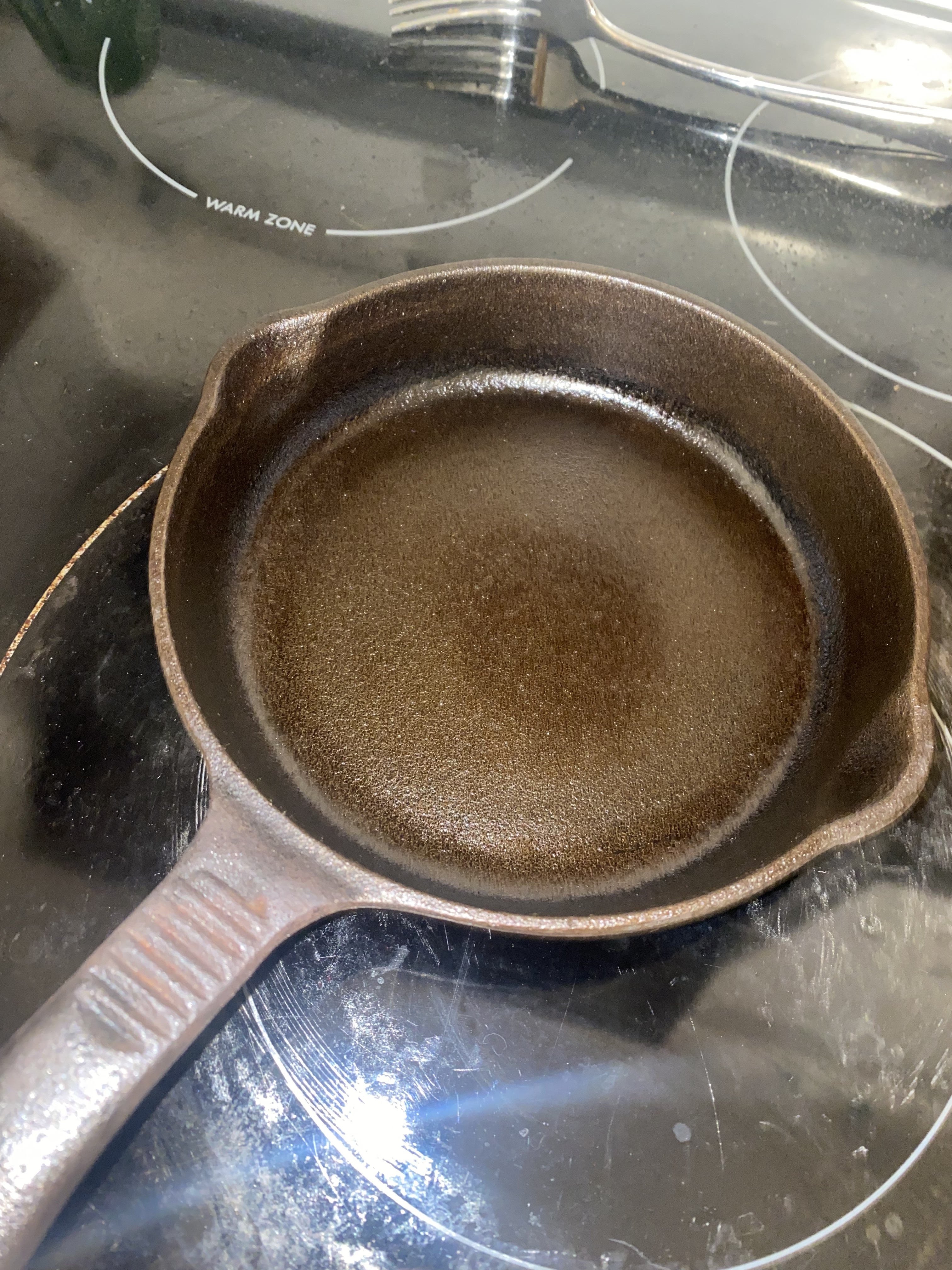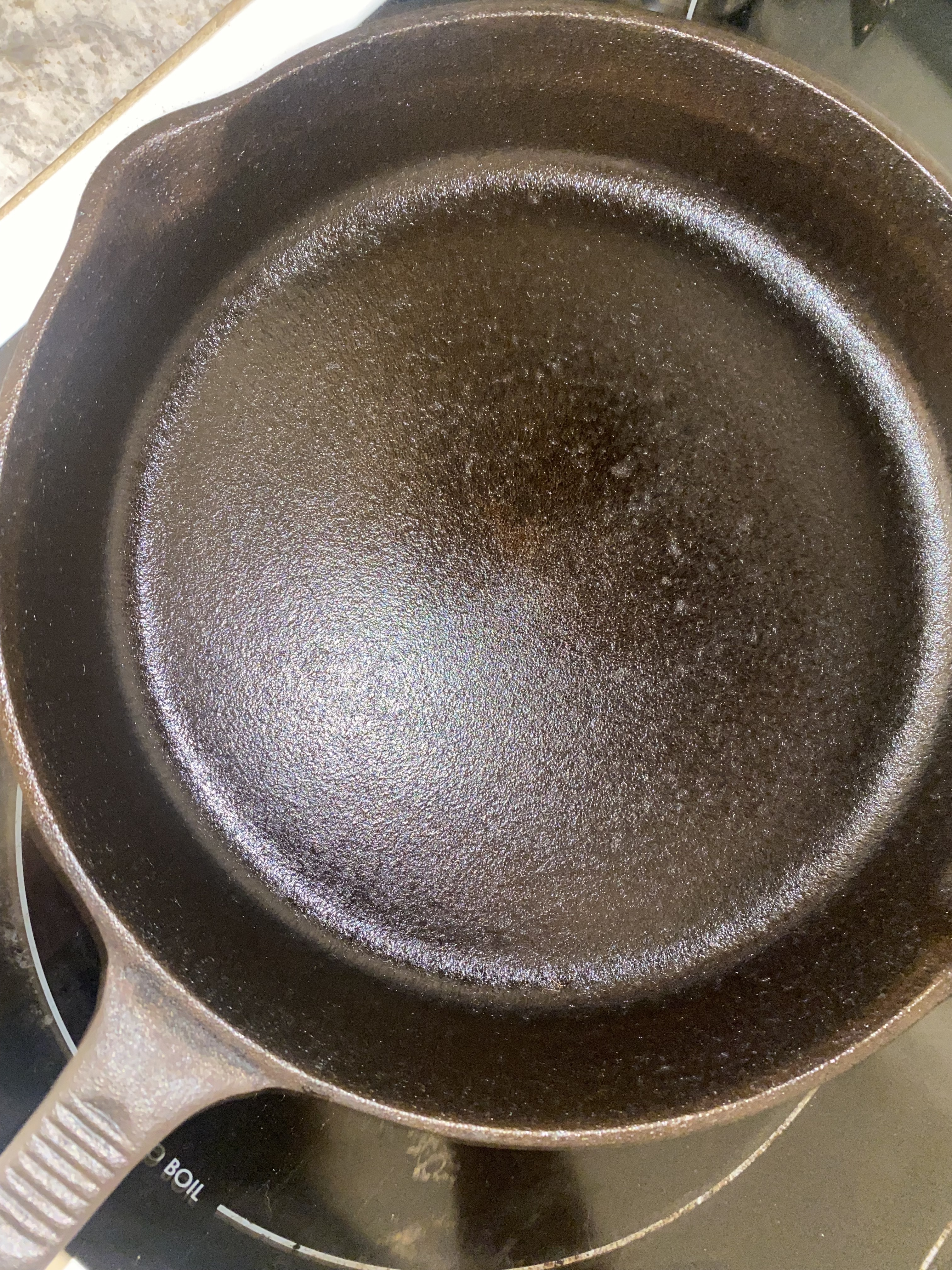food
Welcome to c/food!
The place for all kinds of food discussion: from photos of dishes you've made to recipes or even advice on how to eat healthier.
Animal liberation is essential to any leftist movement.
Image posts containing animal products must have nfsw tag and add a content warning (CW:Meat/Cheese/Egg) ,and try to post recipes easily adaptable for vegan.
Posts that contain animal products may receive informative comments regarding animal liberation, and users may disengage by telling a commenter that the original poster wants to, "disengage".
Off-topic, Toxic, inflammatory, aggressive debating, and meta (community rules, site rules, moderators,etc ) posts or comments will be removed.
Please be sure to read the Code of Conduct and remember we are all comrades here. Share all your delicious food secrets.
Ingredients of the week: Mushrooms,Cranberries, Brassica, Beetroot, Potatoes, Cabbage, Carrots, Nutritional Yeast, Miso, Buckwheat
Cuisine of the month:
view the rest of the comments


Looks good!
Comrade Frank has nailed it with the practical advice.
Just to add a little more information in no particular order:
I like using those natural fiber wok brushes for cleaning cast iron. I think they are coconut fiber. You can get them at Asian grocers or probably aliexpress too:
The more brush-shaped brush is really overkill tbh, try for the long narrow guy (that appears to imply that it's made from bamboo? Idk.) That one will probably last you longer anyway if you choose to use this style of brush.
Because they are natural fiber they won't melt in a hot cast iron pan and they are delicate enough that they won't scrape up your seasoning. They are designed to be used for carbon steel woks and, in this situation, carbon steel and cast iron can be considered interchangeable.
Another alternative is a chainmail scrubber (opt for one with a silicone inner for structure if possible, again check aliexpress). If you buy one, you'll have an heirloom to pass down to your descendants because it will survive generations.
For the basic cleanup, I try to put a decent splash of water in a cast iron pan while it's still hot.
If it's at a ripping temp from something like charring a steak, use very hot/boiling water or let it cool for a couple of minutes first so you aren't creating a huge temperature variable that risks cracking your pans. They are pretty hardy but a little bit of caution goes a long way here so you'll be able to enjoy your cast iron forever if you exercise a little kindness. The water will stay warm and soften up most stuff that is stuck. It should be a matter of an easy wipe down once it has cooled, for 95% of your cooking anyway.
If your pan has already cooled, throw some water in and put the burner on high for a few minutes to heat it up then turn it off and let it sit until you're ready to clean it.
In the early days don't worry too much if little bits stick and you cannot remove them. They might have already begun carbonising and bonding into top layer of polymerising oil. Without going into it, this shouldn't be any problem unless it's thick chunks. If you do get thick chunks that you didn't lift off, your seasoning might flake off a bit in due time. No big deal tho. Fish it out of your food if it's in there and keep on using your pan as normal. It'll be fine.
After a few months of regular use, you'll be able to use a mildly caustic agent to lift stuff that is really badly stuck on. Keep to baking soda and only reach for it as a last resort. Don't use it too often but your established layers of seasoning aren't going to curl up and die from a little incidental exposure to a mildly caustic agent either.
While I'm talking about the first few months of regular use, I'd recommend against long low simmers of acidic food in your cast iron pans. Think a tomato-based stew simmering for more than the bare minimum time it takes to cook through, for example. This might impart some odd flavours to your dish (although your dish will also be well-fortified with iron so it's not all bad). After a few months of regular use you should be fine to throw whatever you like in there for however long, as long as you're adding a little bit of extra seasoning to the pan as needed throughout those months.
If you leave it to soak for too long in the first few months, you might get some small spots or patches of superficial rust. Scrub them out, rinse the pan off, throw it on the heat, and give it a coat of seasoning once all the moisture has been driven off. Proceed as usual, repeating this process if you spot any superficial rust again.
I'd also recommend swapping to cotton dish cloths because nylon ones are shit microplastic distribution swabs and you'll inevitably melt some of one on your cast iron when you're cleaning it and it's still too warm. Buy a stack of cheap cotton/90%+ cotton ones, the thinner the better imo because those will dry quicker so they're less likely to get musty. Whenever they get dirty or you just cannot be fucked to wash a dishcloth thoroughly, leave it hanging somewhere to dry out and put it in the next washing machine load (if you're precious about it like me, you can save the dirty dish cloths up and do an exclusive kitchen towels load every once in a while.)
If you're not familiar with the technique of deglazing your pans, it's worth learning how to do it. Cast iron retains heat very well. Sometimes too well. This means you don't get that same responsiveness from turning a burner down like in a normal pan. The workaround is that a small splash of water(/broth/wine/other cooking liquid) will immediately drop the temp of the cooking surface down, so if stuff is starting to stick or burn, or even if it's just hitting too high a temperature before things start to get tricky, immediately throw a splash or two of water in the pan then give it a stir and you'll be good.
If you are aching for better heat responsiveness with your pans or the weight of cast iron is an accessibility concern or you really want a larger pan than what's available in cast iron (don't forget that you can probably source a big cast iron kadai if you shop around enough), consider getting a carbon steel pan (restaurant supply stores sell them cheap). They are sort of a midway point between cast iron and stainless - they are in between with regards to weight/heat retention/responsiveness to burner changes. They can be treated as cast iron pans with regard to cleaning, care, and seasoning. Tbh I had a carbon steel pan but I never used it because I prefer cast iron but each has its merits. Don't feel like you're missing out by not having a carbon steel pan though.
With regards to oil/fat for seasoning use whatever you have on hand that is suitable for cooking with. Less is more. If your seasoning layer goes dull, apply a very thin layer and heat it up. If it goes tacky, you've gone too hard on the seasoning layer and you might need to give it a bit of a scrub with a bit of soap and some hot water to bring it back to shiny/dull then season more sparingly next time around as per usual. That's really all there is and there isn't a whole lot of ways to screw it up if you follow the basics.
If you have your heart set on using tallow or bacon grease but you want to go for a vegan alternative, deodorised coconut oil is a good substitute. You can find it lots of places, just make sure it's not virgin coconut oil or you might make the next dish taste kinda coconut-y. But that's all overkill. Just use whatever oil you cook with and don't believe all the broscience superstitious bullshit unless it truly brings you joy (it won't). Life's too short to fuss over some cookware.
Last of all, after all of that exposition, remember that these pans were used on the frontiers and by vaqueros. They absolutely did not take care of those pans in the way that you and I do today. They were leaving them exposed or semi-exposed to the elements, they were throwing them in the middle of roaring fires, they used whatever cooking fat they had at hand, and they were probably leaving it wet overnight with a handful of caustic fire ash in it to saponify the water and grease (or maybe using caustic "true" soap, if they were wealthy enough) before cleaning it the next morning and putting it through hell for that day's breakfast, lunch, and dinner.
If cast iron can flourish under those adverse conditions then whatever you're doing, within reason, is basically pampering cast iron by comparison so don't overthink it.
Absofucking–and I cannot emphasise this enough–lutely
It's also classic me-posting, so that's an especially dangerous intersection.
Part of it is because there's so much bullshit superstition around cast iron that is ridiculously specific and so process-focused that it feels like you need to become a qualified ferrologist with a double-major in ferronomy and ferrognosticism so anything I write about cast iron is gonna be a victim of Brandolini's law by necessity.
It's also almost-everything I wish I was told about cast iron instead of researching which oil polymerises better and shit like that (so mucho texto). Absolute waste of fucking time chasing useless info and broscience on cast iron, there's no refunds on any of that smh.
(It's exactly 18 paragraphs too. I'm dying over here!)